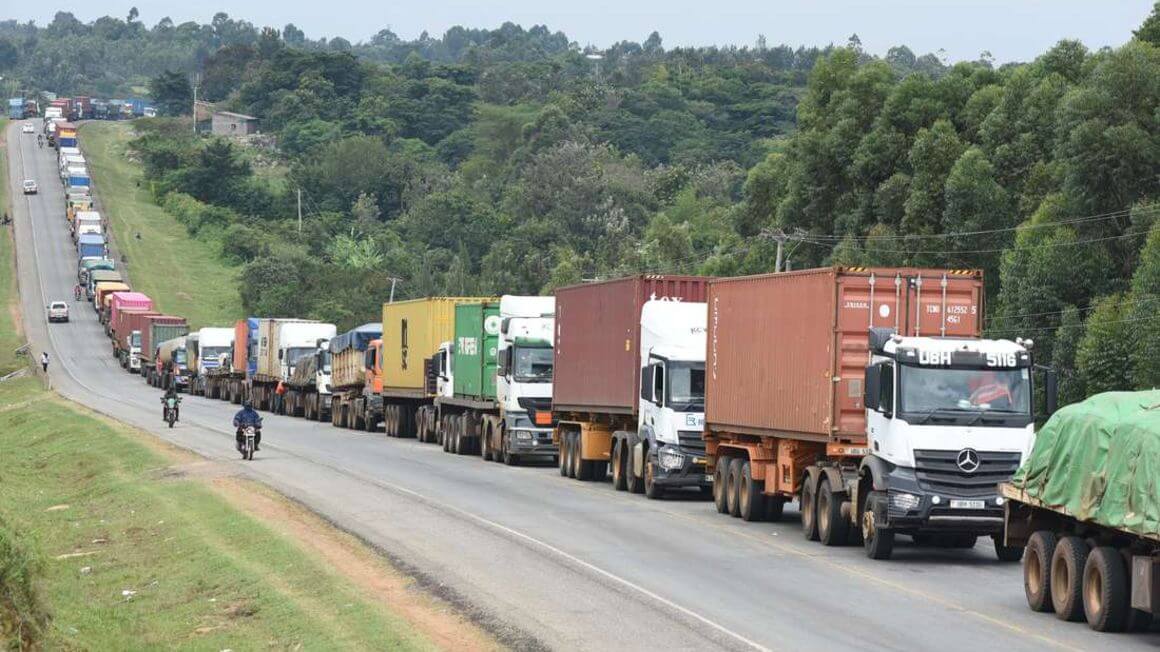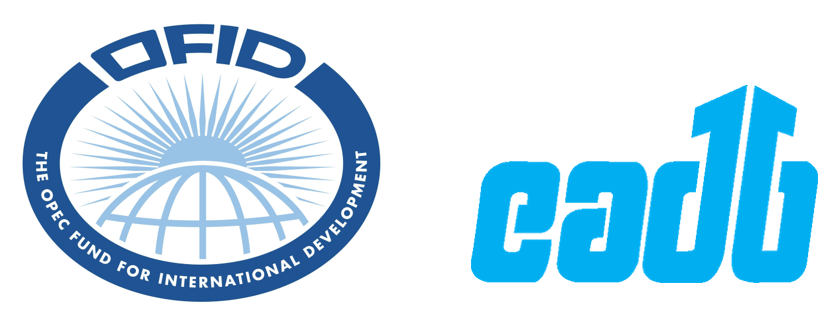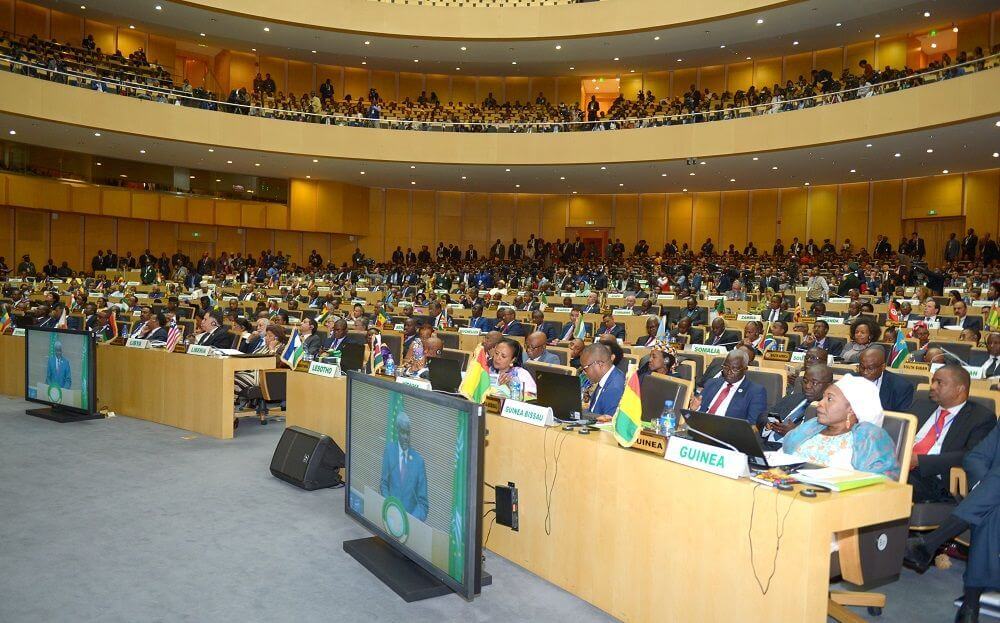The African Union has amplified action to tackle non-tariff barriers and increase small businesses’ use of the tradebarriers.africa tool through its new online platform The African continent is about to become the world’s largest free trade area. If not addressed, non-tariff barriers (NTBs) may slow down this effort. Although the negative impact of NTBs on intra-regional trade is recognized, so far there has been limited success in addressing them. “The success of the AfCFTA depends in part on how well governments can track and remove non-tariff barriers,” said Ambassador Albert Muchanga the African Union Commissioner for Trade and Industry. A new campaign to spotlight and remove non-tariff barriers (NTBs) in intra-continental trade launches this week. The #TradeEasier campaign aims to promote the uptake and use of the African Union’s tradebarriers.africa, a non-tariff barriers reporting mechanism tool. The tool, developed by the African Union in partnership with UNCTAD, supports efforts to make continental trade easier and less costly by helping African businesses report such barriers and supporting their elimination with the help of governments. NTBs slow down the movement of goods and costs importers and exporters billions of dollars annually. They also stand in the way of the success of the African Continental Free Trade Area (AfCFTA). “If we want the AfCFTA to thrive, we have to ensure operational barriers are dropped and businesses and traders, especially small ones; don’t suffer from undue limitations placed on them as they try do the basic thing that makes economies work – trade.” Every...
African Union unveils online platform to tackle non-tariff barriers
Posted on: October 5, 2020
Posted on: October 5, 2020
























